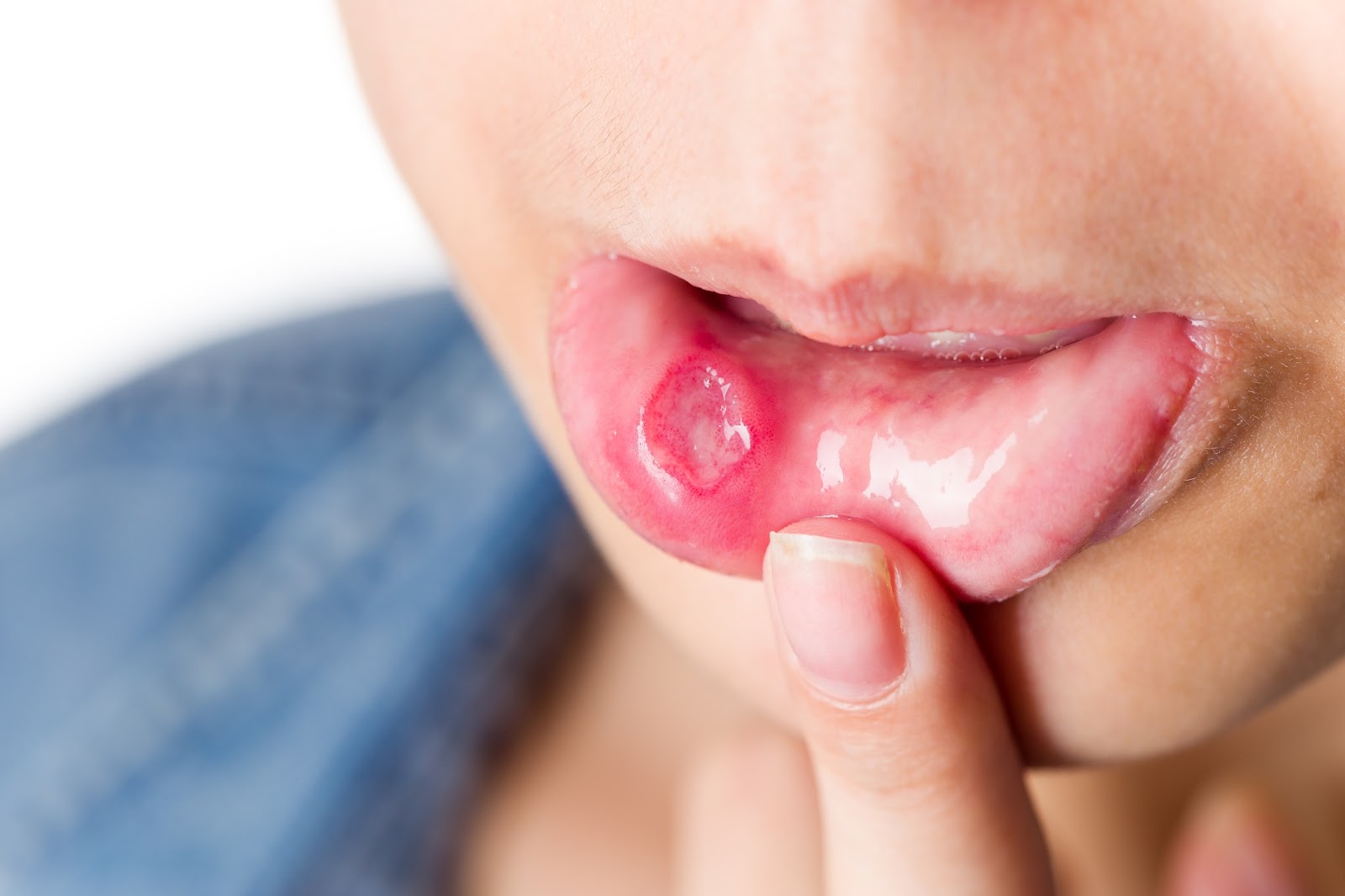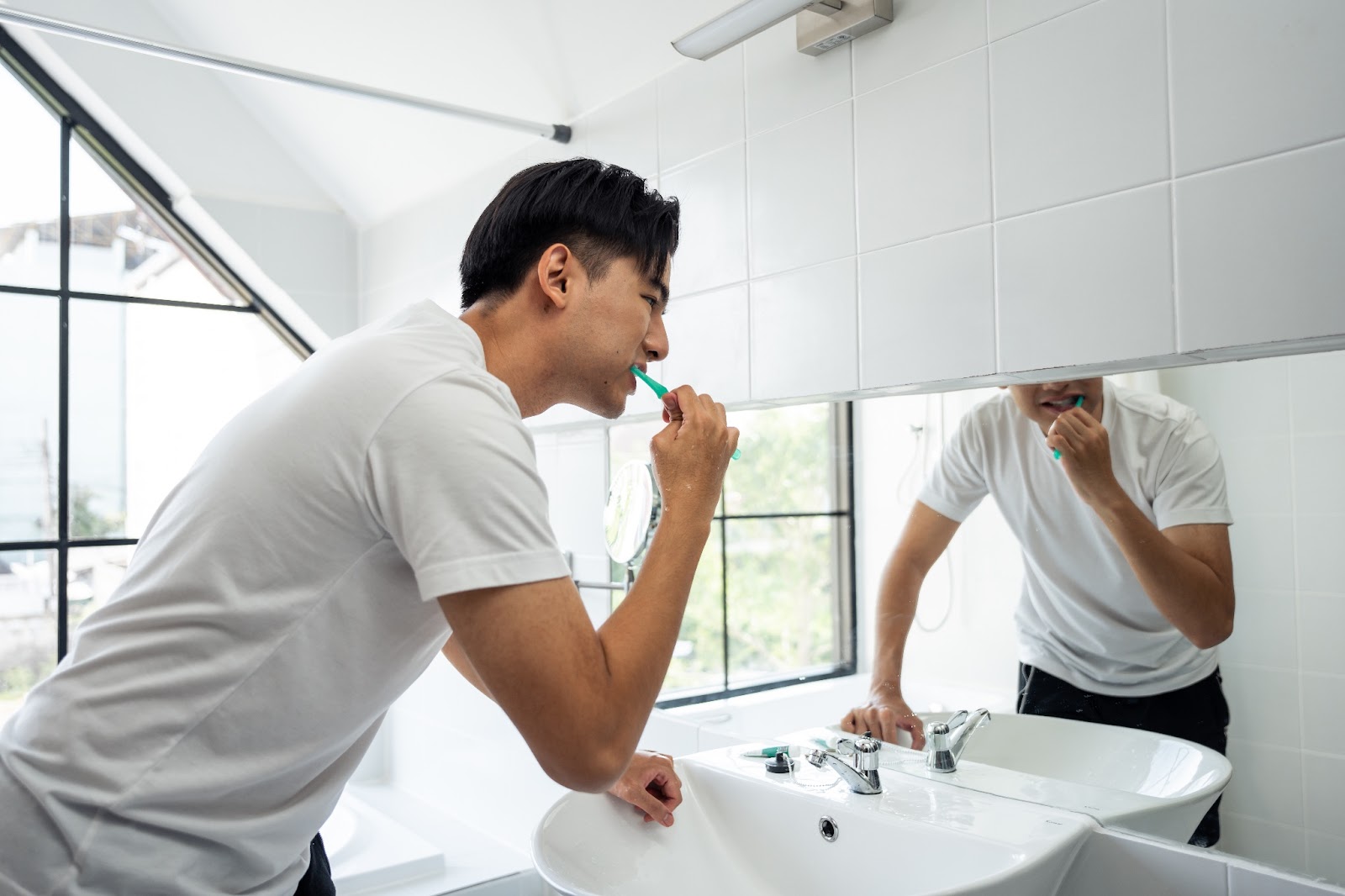It is common to experience mouth sores from braces. These sores can cause minor discomfort and pain, but they usually go away on their own. Nonetheless, there are instances where they can lead to infections and health issues, especially if not managed properly.
Here are effective methods to relieving braces mouth sore:
What Are Braces Mouth Sore?
Braces mouth sore are small ulcers that form inside your mouth. These sores are typically found on the inner cheeks, lips, tongue or gums. They can appear white, grey or red in colour and are highly sensitive.
As a result, they can cause minor mouth pain and oral discomfort. You may notice gum inflammation, cheek irritation and a canker sore forming. If not properly managed, these sores may worsen, increasing the risk of gingivitis, swollen gums or even infections.
How Do Braces Mouth Sore Occur?
These mouth sores are not the direct results of your orthodontic treatment. In other words, it is not the braces themselves, but the result of irritation to the oral mucosa. This occurs when braces rub against sensitive areas like the inner cheeks and gums.
The constant friction from brackets and archwires create small injuries, which develop into ulcers. Sharp wires can even cause a braced wound, leading to more discomfort and swelling.
Poor oral hygiene, eating hard foods or accidentally biting your cheek or tongue can also make the problem worse. Other contributing factors include stress, nutritional deficiencies and hormonal changes.
Relief Methods for Braces Mouth Sore
Apply Orthodontic Wax
Applying orthodontic wax is one of the easiest ways to prevent irritation. Simply pinch off a small piece, roll it into a ball and press it over the brackets or archwires. The wax acts as a soft barrier, reducing friction between your braces and the inside of your mouth.
It also protects the oral mucosa from developing ulcers or canker sores. This is especially helpful in the early stages of orthodontic treatment or after a recent adjustment.
Use a Warm Salt Water Rinse
A salt water rinse is one of the simplest home remedies to promote healing. Salt has natural antibacterial properties that help disinfect the sore area and reduce swelling.
Mix half a teaspoon of salt in a cup of warm water and swish it gently around your mouth for 30 seconds, twice a day. This can relieve mild inflammation and keep your mouth clean while your sore heals.
Apply Topical Oral Gels
Over-the-counter oral gels or topical anesthetics are effective for numbing painful mouth sores. These gels can be applied directly to the affected area using a clean finger or cotton swab.
Not only do they provide instant relief, but they also form a protective film that shields the sore from further irritation. Look for gels with ingredients like benzocaine or aloe vera for pain relief and faster recovery.
Maintain Proper Oral Hygiene
A clean mouth heals faster. Use a soft-bristle toothbrush to brush gently around the sore areas. This helps remove food particles and bacteria that may worsen the sore or lead to infection. On top of that, remember to rinse daily with an antiseptic mouthwash.
This will keep bacteria away and prevent gingivitis or secondary infections.
Switch to a Soft Food Diet
Avoid crunchy, spicy or acidic foods, as they may irritate your soars further. This will not only aggravate the sores, but also slow down the healing process. Instead, opt for a soft food diet like mashed potatoes, yoghurt, scrambled eggs or soups.
Easy-to-chew food reduces strain on your mouth, giving the sore time to heal without additional stress.
Try Silicone Braces Covers
If you find yourself using orthodontic wax frequently, consider switching to silicone braces covers for longer-lasting comfort. These covers are more durable as they stay in place better throughout the day.
They are especially useful for patients who experience chronic irritation or have trouble with the same sore spots. Silicone covers offer an extra layer of protection, reducing the risk of repeated cheek irritation or tongue abrasion.
Use Over-the-Counter Pain Relievers
Some sores are so distracting, they interfere with your daily routine. Over-the-counter pain relievers such as ibuprofen or paracetamol can provide temporary relief.
These medications help reduce inflammation and ease jaw soreness or general discomfort caused by braces. Always follow the recommended dosage and consult your orthodontist if the pain persists or worsens.
When to Seek a Professional
Seek a professional when there are no signs of improvement after two weeks. Any increase in pain or discomfort are clear indications that your braces mouth sores are not healing. Signs of infection such as swelling, redness, pus or a fever should not be ignored.
You may also experience difficulty in eating and speaking, or notice that the sore is spreading. In some cases, ulcers can indicate an allergic reaction to materials used in your braces, or point to an underlying health condition.
If you exhibit one or more of these symptoms, it is recommended to get yourself checked as soon as possible.
Contact us to find out more!








